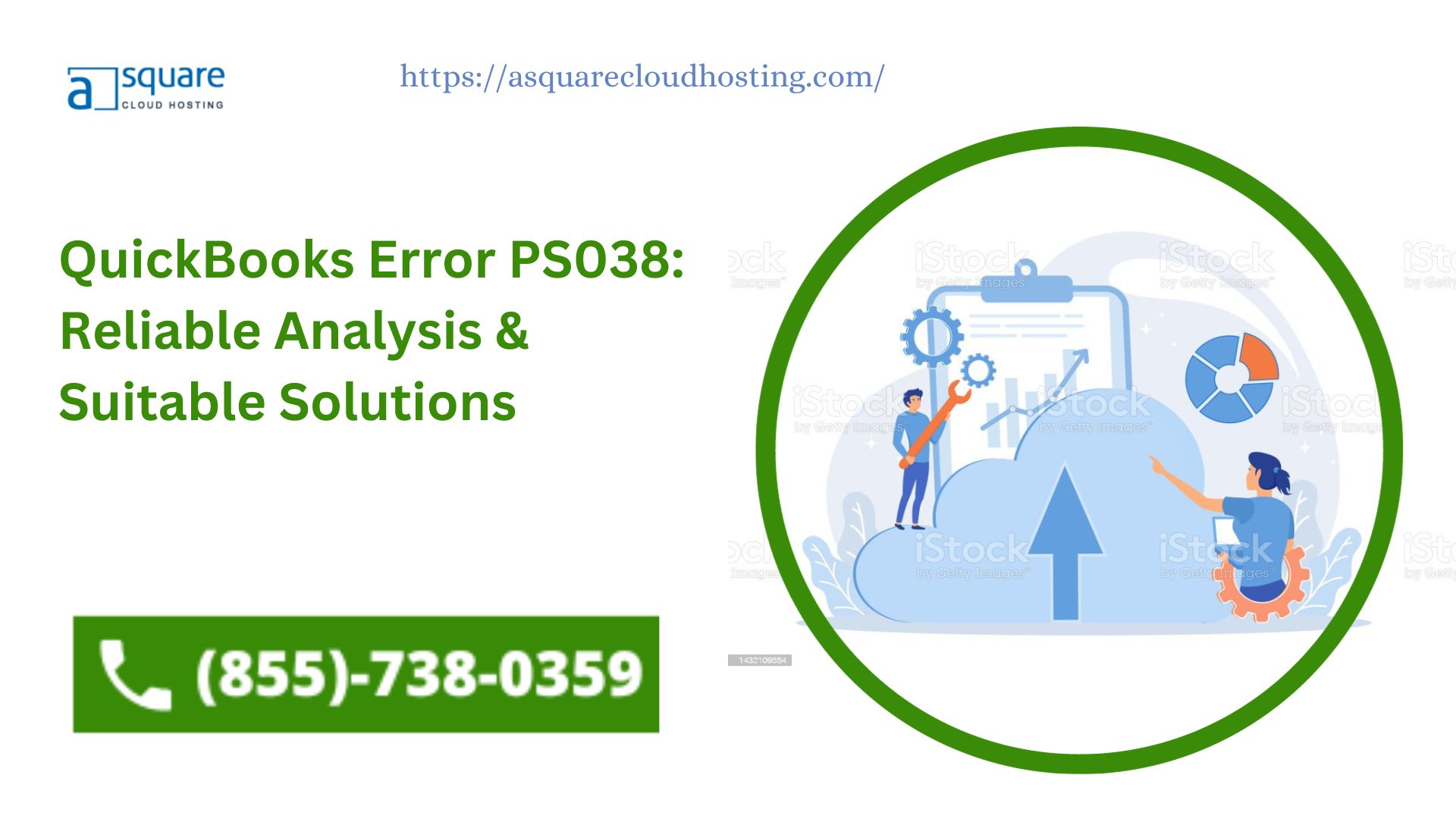As a homeowner considering solar photovoltaic (PV) installation, you’re not only making an environmentally conscious choice but also opening doors to potential financial benefits, including the Federal Tax Credit. In this comprehensive guide, we will explore the ins and outs of the Federal Tax Credit for Solar Photovoltaics and provide you with valuable insights on tax planning services in Dallas.
Understanding the Federal Tax Credit for Solar Photovoltaics
What is the Federal Tax Credit for Solar PV? The Federal Tax Credit for Solar Photovoltaics, often referred to as the Solar Investment Tax Credit (ITC), is a federal incentive designed to encourage homeowners to invest in solar energy systems. It allows you to deduct a percentage of your solar system’s cost from your federal taxes.
How Does the Solar ITC Work? The ITC currently offers a credit of 26% of your solar system’s cost, including installation. For example, if your solar PV system costs $20,000, you could claim a tax credit of $5,200 ($20,000 x 26%).
Who Qualifies for the Solar ITC? To be eligible for the ITC, you must meet the following criteria:
You must own your solar PV system.
The system must be installed and operational by December 31, 2023.
You must have a federal tax liability to claim the credit.
Where to Mail Your Federal Tax Return
Why Is It Important to Mail Your Federal Tax Return? Filing your federal tax return accurately and on time is crucial to ensure compliance with tax laws and regulations. Mailing it to the correct address is a key step in the process.
Where to Mail Your Federal Tax Return? The address to which you should mail your federal tax return depends on your location and the type of return you are filing. The IRS provides a comprehensive list of addresses on their website, categorized by state and tax form.
Tax Planning Services in Dallas
What Are Tax Planning Services? Tax planning services involve a range of strategies and financial decisions aimed at minimizing your tax liability while maximizing your financial goals. These services can help you make informed decisions about your finances and investments.
Why Consider Tax Planning Services in Dallas? Dallas, being a major financial hub, offers a variety of tax planning services tailored to the unique needs of its residents. Whether you’re a homeowner looking to benefit from the Solar ITC or you have other tax-related concerns, consulting a tax professional in Dallas can be highly advantageous.
Frequently Asked Questions (FAQ)
FAQ 1: Can I claim the Solar ITC if I lease my solar PV system? No, the ITC is only available to homeowners who own their solar PV systems. However, some states offer incentives for solar leasing.
FAQ 2: When should I mail my federal tax return? Federal tax returns are typically due by April 15th each year. If this date falls on a weekend or holiday, the deadline is extended to the next business day.
FAQ 3: What is the difference between tax planning and tax preparation? Tax planning involves strategic financial decisions made throughout the year to minimize tax liability, while tax preparation is the process of completing and filing your tax return.
FAQ 4: How can I find a reliable tax planning service in Dallas? You can start by asking for recommendations from friends, family, or colleagues. Additionally, you can research online reviews and consult with potential tax planning professionals to find the right fit for your needs.
Conclusion
In conclusion, the Federal Tax Credit for Solar Photovoltaics can significantly reduce the cost of your solar system installation, making it a financially attractive option for homeowners. It’s essential to understand the eligibility criteria and how to claim the credit correctly. Additionally, for residents of Dallas, seeking tax planning services can help you navigate the complexities of tax incentives like the Solar ITC and make informed financial decisions. Remember to file your federal tax return accurately and on time, and consult with tax professionals when needed to optimize your financial outcomes.





